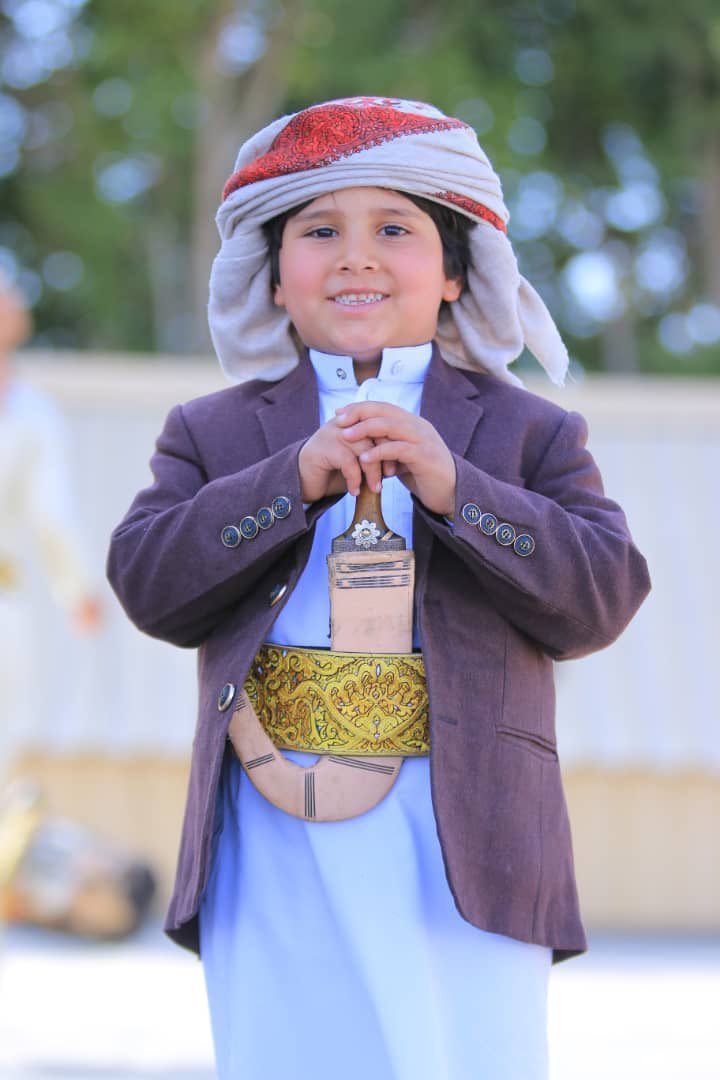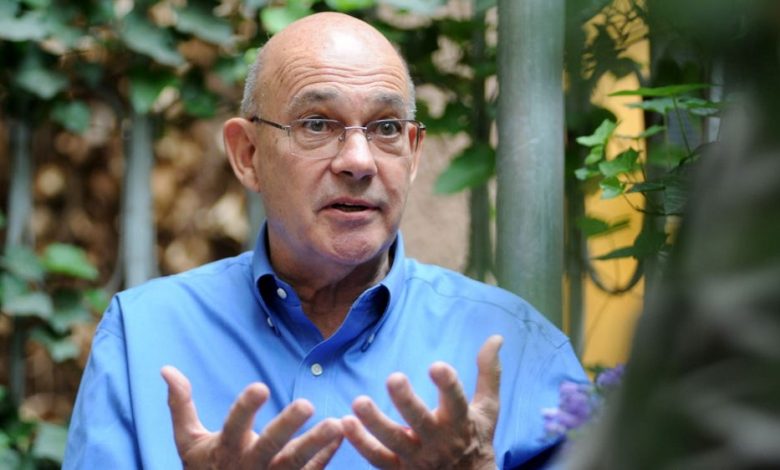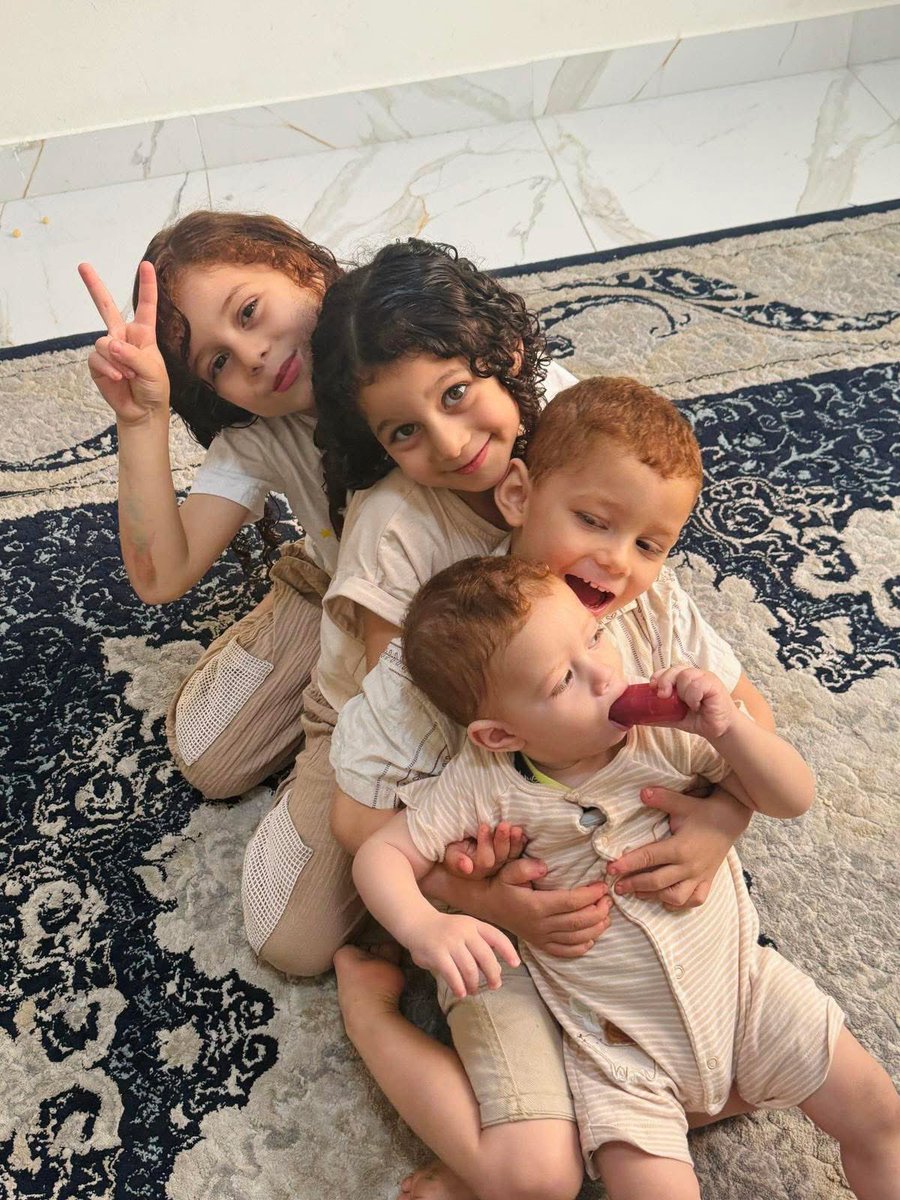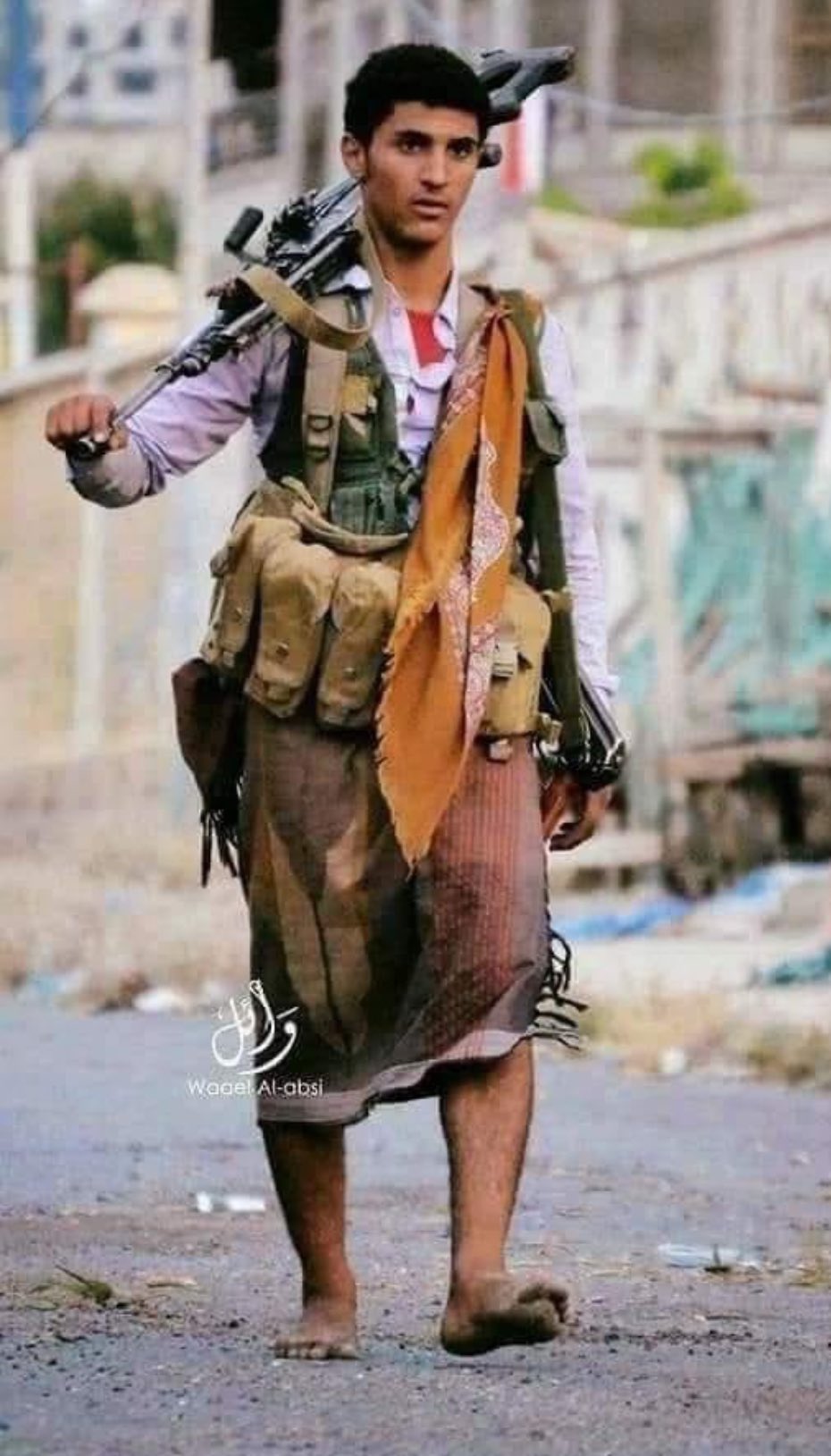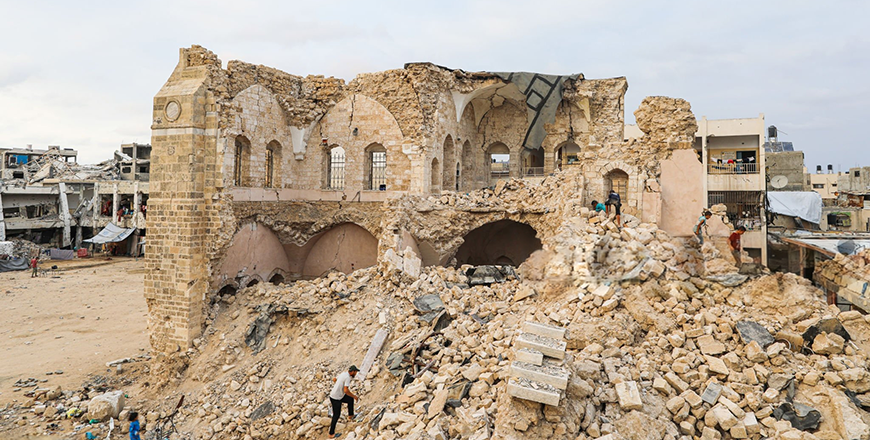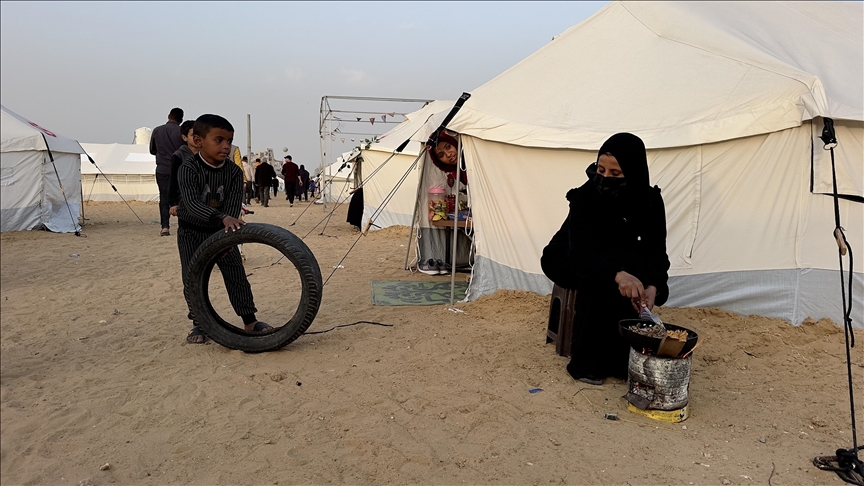
By Raed Mohammed Mahmood Amer
Since the beginning of the Palestinian struggle, women have played a central role alongside men in resisting Israeli occupation. They have played a key role in all aspects, whether in the phase of preparing and building, or in the battle for liberation. This participation was not limited to the more traditional roles, but formed the essence of the Palestinian struggle.
Despite the growing sacrifices they continue to make, Palestinian women continue to bear the cost of this struggle. Since its inception, Israeli occupation has systematically targeted women through killings, torture, arrests, and other forms of oppression.
As it pertains to arrest and detention, thousands of Palestinian women have been placed in the occupation’s prisons and military detention camps over the past close to six decades. Women have been used as leverage to pressure armed resistance fighters, particularly those related to them. Arrests of their female family members have been used as a form of blackmail aimed at forcing the men to surrender. This abusive policy has only escalated since Oct. 7, amid Israel’s ongoing assault on the Palestinian people in Gaza, Jerusalem, and the West Bank.
Since the start of the genocide, the arrest and detention of Palestinian women has spiked. According to our own data as prisoner’s defense groups, Israeli occupation forces have since Oct. 2023 arrested at least 490 Palestinian women from Gaza, the West Bank, and Jerusalem. These arrests include women from all walks of life—at least 25 university students, six journalists, lawyers, mothers, wives of martyrs, and public figures such as parliamentarian Khalida Jarrar.
In addition, we have clear indications that there are a large number of female prisoners who were arrested from Gaza, that are being subject to the severe crime of enforced disappearances, with the occupation refusing to disclose their identities, the number of women being held, and the location of where they are being held.
Palestinian women currently in Israeli custody are enduring the most violent and dangerous period in the history of the prisoners’ movement. They are enduring a wide array of severe violations that have also been practiced against men. Knowing that women are among the most vulnerable sectors of Palestinian society, the Israeli occupation has weaponized and used women’s bodies against them in an attempt to inflict the most pain possible. These violations include rape, sexual, physical and psychological assault, forced unnecessary strip searches, enforced starvation, and deprivation of female-related necessities among many other things. While women have historically suffered such violations at the hands of occupation authorities, these practices only became severely more frequent and violent since the start of the genocide in Gaza. Countless testimonies of liberated Palestinian women serve as proof to the widespread abuses taking place inside the Israeli occupation’s prisons. The UN acknowledged reports of sexual violence, particularly against female detainees from Gaza.
Some examples of female prisoners
A prominent example is Khalida Jarrar, a Palestinian Legislative Council member. She has endured all forms of abuse by the occupation, including solitary isolation, torture, starvation, and medical neglect. She was placed in solitary confinement for five consecutive months before her release on Jan. 19, 2025 as part of the first batch of a prisoner exchange and ceasefire deal between the occupation and the Hamas movement. Among the worst violations that Jarrar faced was being denied the chance to attend the funeral of her daughter, who passed away while Khalida was in prison. Israel robbed Jarrar of her ability to bid her daughter farewell, like many other prisoners before and after her.
Another tragic example is the case of Israa Jaabis, who suffered severe burns on her body during her arrest. The Israeli authorities denied her medical treatment, exacerbating her already severe suffering. Additionally, female prisoner Hana Shalabi has been arrested and tortured several times. She went on a 44-day hunger strike in protest of being held without trial or charge, also known as administrative detention, amid the harsh conditions in Israeli prisons. Such cases highlight the magnitude of violations faced by Palestinian female prisoners, where the occupation shows no concern for the lives of these detainees.
Despite these grave violations faced by Palestinian women in Israeli prisons, international human rights organizations and institutions remain silent in the face of these abuses. The international community has not made any serious efforts to hold the Israeli occupation accountable or exert pressure on it to halt these inhumane policies against Palestinian female prisoners. Palestinian female prisoners are enduring an ongoing journey of suffering, and their plight is a part of the unending violations of the occupation. Palestinian women continue to await freedom, hoping justice will prevail.
The writer whose article appeared in Anadolu, is president if the Palestinian Prisoners Association.

